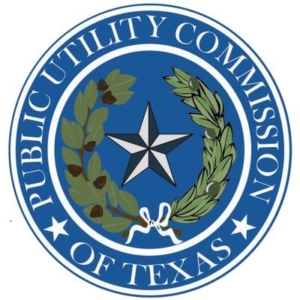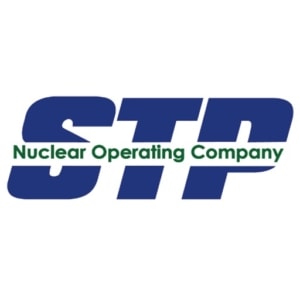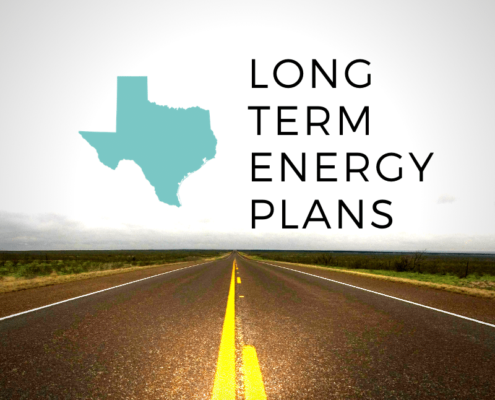Last Updated on July 22, 2023 by Mary Pressler
How The Texas Electricity Market Works
Texas has a deregulated electric sector, which means that power generation companies sell their electricity in a competitive market. Homes and businesses have the freedom to choose an retail electricity provider, and there are many types of promotions and plans.
In this article, we will highlights the types of companies and organizations that participate in the Texas electricity sector. Deregulation has been possible by assigning functions to different organizations, instead of having one company with a monopoly over the entire Texas power industry.
PUCT – Public Utility Commission of Texas
The Public Utility Commission of Texas (PUCT) regulates several utility services in the state: electricity, telecommunication, water and sewers. There are some exceptions; for example, municipal electric companies are regulated locally, and natural gas is regulated by the Railroad Commission of Texas.
The main functions of the PUCT are implementing laws related to utility services, providing customer assistance, keeping utility infrastructure in good working condition, and promoting fair competition. In other words, the PUCT enforces regulations for utility companies.
















It’s interesting to know that consumers usually get power from Retail Electricity Providers who get their energy from bulk corporations. I guess it would be best to talk to professionals when you plan to start a business and have your own commercial property built. They might give you an idea if you might need a Vertiv ups power system or other types of system to make sure that the property is safe and working properly.
I have seen so far there is no utilities who is asking transformer manufacturer to provide the transformer testing report to be signed by Professional Engineer, Most of the transformer manufacturer ask only seismic report to be signed by PE. They must understand that transformer is a Electrical product and its test report has the more value than any other data. This will enforce transformer manufacturer to be more liable about their product and ensure that what data they are providing can be challenged later.
Who can buy electricity from abroad from the territory of Texas?